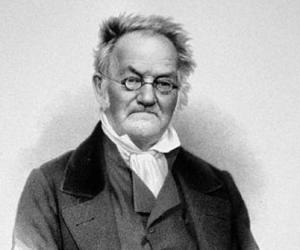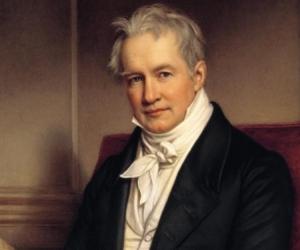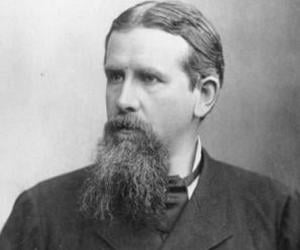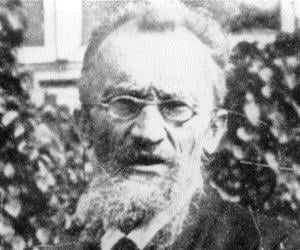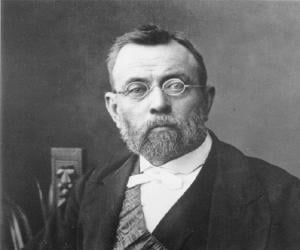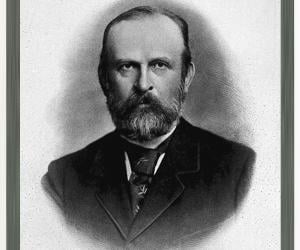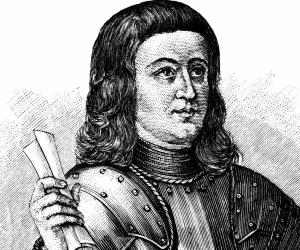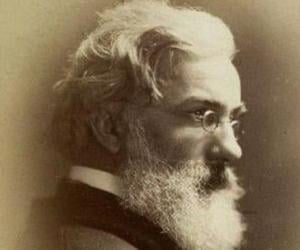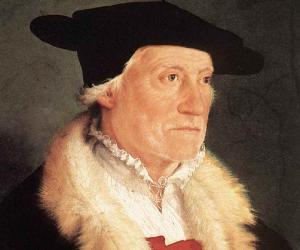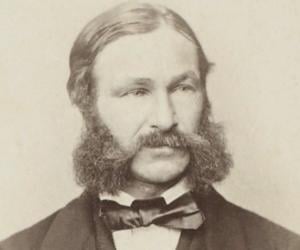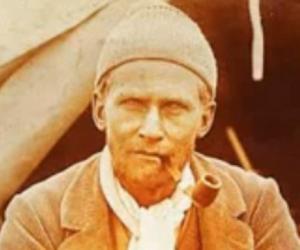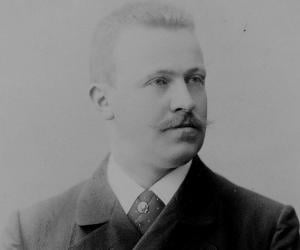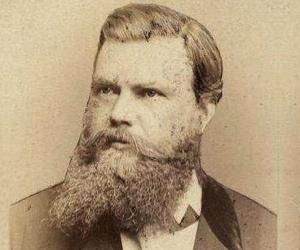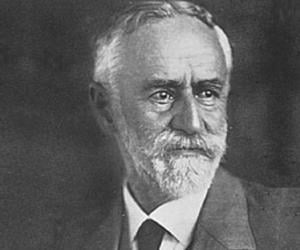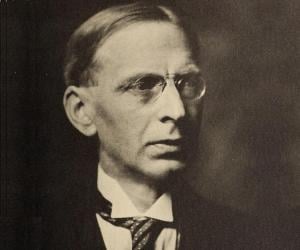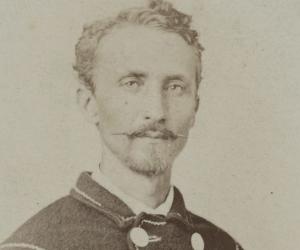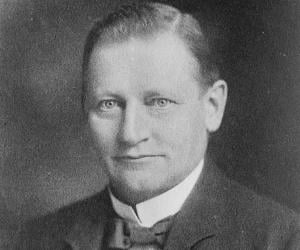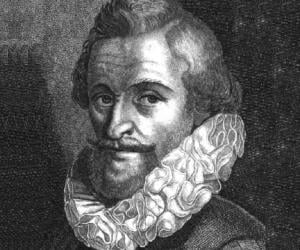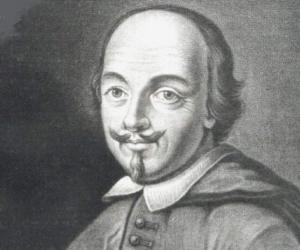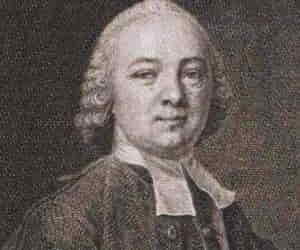1
Carl Ritter
(Co-founder of Modern Geography)
Birthdate: August 7, 1779
Sun Sign: Leo
Birthplace: Quedlinburg, Germany
Died: September 28, 1859
Carl Ritter was a prominent German geographer known for his significant contributions to the field. Alongside Alexander von Humboldt, he is recognized as one of the pioneers of modern geography. Ritter held the distinguished position of being the first occupant of the geography chair at the University of Berlin from 1825 until his passing. Throughout his professional life, he conducted extensive research, published influential works, and played a crucial role in shaping the discipline of geography as we know it today.
